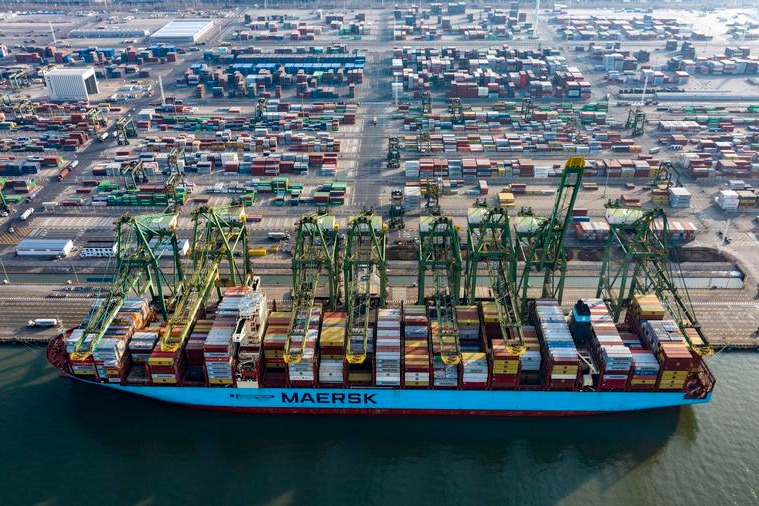Sino-EU investment deal to inject new life into global economy


China and the European Union wrapped up the negotiations on the Comprehensive Agreement on Investment on the second-last day of the year 2020 which marked the 45th anniversary of the establishment of diplomatic relations between the two sides.
The conclusion of the 35-round, seven-year negotiations against the backdrop of the raging COVID-19 pandemic, global economic recession, and rising protectionism and unilateralism is a milestone in China-EU relations.
The China-EU investment agreement will be balanced, focus on high standards, follow high-level international economic and trade rules, and facilitate further opening-up. According to the negotiations, the two sides will get greater access to each other's market, pursue sustainable development, and settle disputes, if any, through talks.
The agreement is also expected to create more investment opportunities and build a better environment for companies on both sides to invest in each other's economy. Which is important, because two-way investment is disproportionately low compared with the massive volume of Sino-EU trade. For example, of the total realized foreign direct investment of $141.2 billion in China in 2019, the EU's share was only $7.31 billion, or 5.2 percent. And of China's total outward FDI of $136.91 billion, only $10.52 billion flowed into the EU.
The discrepancy between trade and investment can be attributed to the huge differences in investment demands in the EU and China and the lack of adequate mutual trust. So the investment deal is designed to create more demand and deepen mutual trust, by promoting cooperation and increasing two-way investment.
No wonder the European Commission said the agreement is of "major economic significance" as it can help rebalance the Sino-EU trade and investment relationship. EC President Ursula von der Leyen, on her part, said the deal will provide "unprecedented access to the Chinese market for European investors, enabling our businesses to grow and created jobs". The agreement will also ease restrictions on joint ventures in China, which means European companies running large businesses in China such as Daimler AG, BMW and Siemens stand to benefit a lot after the agreement comes into force.
The investment deal will also facilitate the upgrading of China-EU cooperation, including cooperation under the framework of the China-EU comprehensive strategic partnership. As for China and EU enterprises, the treaty will create both opportunities and challenges. While it will create a more welcoming environment for Chinese investors in the EU, encouraging them to increase their investment in the bloc, EU investors will face a level playing field in China and European enterprises operating in China will be able to increase their profits by expanding their presence in sectors such as finance, telecommunications, new energy vehicles, computers and biotechnology.
The completion of the negotiations shows that both sides realize that protectionism cannot secure competitive advantage; instead, further opening-up will facilitate industrial restructuring leading to sustainable growth. And that's why, in line with its commitment to further open up its economy to the outside world, China has made major concessions to the EU in the industrial sector, vowed to make subsidies for State-owned enterprises more transparent, and create a level playing field for Chinese and EU investors and enterprises.
The agreement, when it comes into effect, may create some difficulties for Chinese enterprises in the short term, but by overcoming those difficulties, the enterprises will facilitate the structural upgrading of the Chinese economy.
Furthermore, since China is the only major economy to achieve positive GDP growth in 2020 and since China and the EU are the world's third-and second-largest economies, the investment agreement will not only boost the growth of the two economies but also inject much-needed vitality into the stagnant global economy.
Although China and EU member states have different political systems, cultures and traditions, and are at different stages of development, China and Europe have maintained practical cooperation for more than four decades and benefited immensely from it. The Comprehensive Agreement on Investment will take this cooperation to a higher level, and as long as the two sides continue this win-win cooperation, they can overcome difficulties and advance the China-EU partnership.
The author is deputy director-general of the Institute of European Studies at the Chinese Academy of Social Science. The views don't necessarily represent those of China Daily.



































